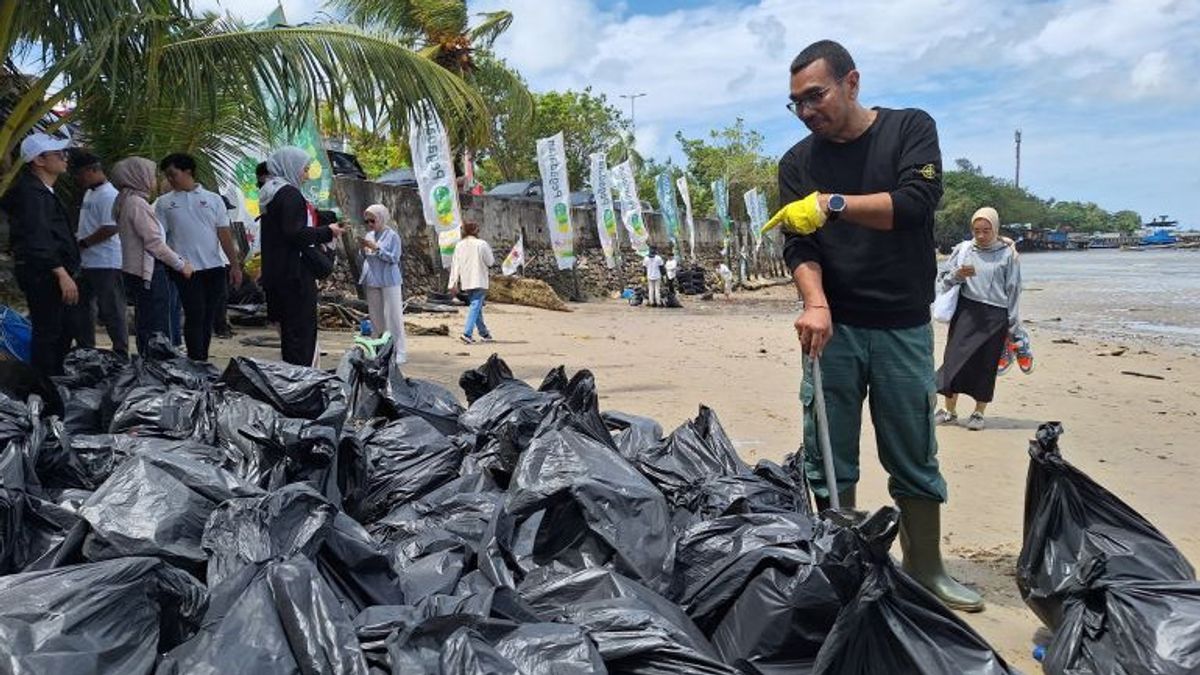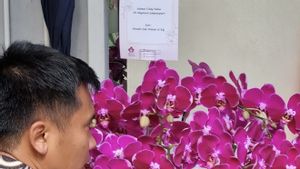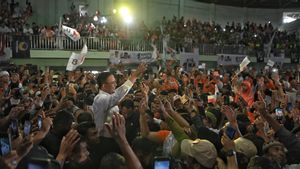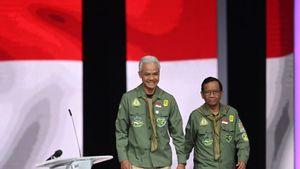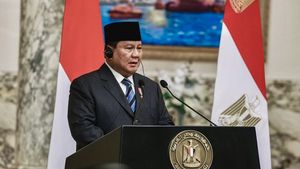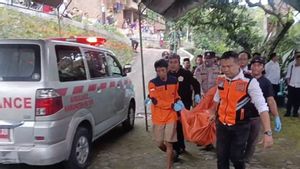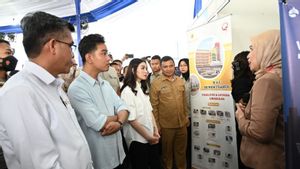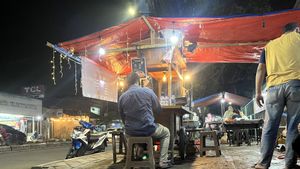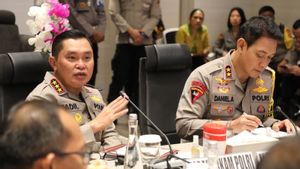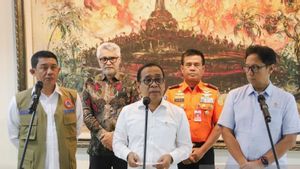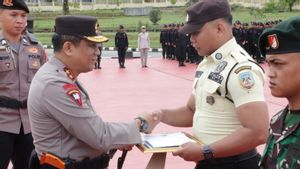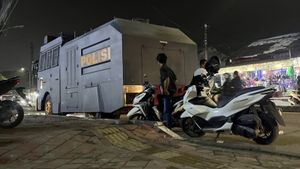BALIKPAPAN - The Environment Agency (DLH) of Balikpapan City, East Kalimantan (Kaltim), continues to strive to clean up plastic waste, cans, and the like along the coast, with garbage that has been successfully lifted an average of nine tons per day.
"We collect garbage up to an average of nine tons per day. This amount is certainly quite a lot, so we urge all levels of society not to litter," said Head of Balikpapan City DLH Sudirman Djaya Aleksmana, as reported by ANTARA, Tuesday, January 23.
People are advised not to litter on the coast, land, or in the mountains, because garbage from land and mountains is also carried away by river currents and will go to the sea when it rains, then pile up on the coastline when the water recedes.
Based on the East Kalimantan Regional Regulation (Perda) regarding the Coastal and Small Island Areas (RZWP3K) Zoning Plan, he continued, the authority for coastal management rests with the East Kalimantan Provincial Government, with a distance of 0 to 12 miles.
For this reason, he hopes that DLH Kaltim can provide assistance in the form of adequate equipment to maximize the handling of coastal waste. Meanwhile, the tools needed are like ships or other facilities.
The Balikpapan City DLH, he said, already has waste catchers such as floating cubes and garbage nets placed in the mouth of the river. However, it is still limited, because it uses a limited APBD, so assistance from the province is highly expected.
On the other hand, his party plans to add 60 special personnel to be placed in 12 urban villages in coastal areas, which specialize in handling waste.
The 12 urban villages are Baru Ulu, Baru Tengah, Mekar Sari, Baru Ilir, Kariangau, Klandasan Ilir, Klandasan Ulu, Damai, Manggar, Manggar Baru, Lamaru, and Kelurahan Tertip.
SEE ALSO:
The city of Balikpapan has an area of 50,330.57 hectares and has a coastline of 45.6 kilometers. Specifically, the Balikpapan area of 12 percent is an ocean area that is directly adjacent to the State Capital (IKN) area.
Then on the east coast bordering the Makassar Strait, and maritime areas in Balikpapan are shipping zones that are traversed by the Indonesian Archipelago Sea Lane (ALKI) II, of course it is one of the water areas that is quite dense in terms of shipping activities.
"Balikpapan also has a port of goods and passengers, so that with a large number of activities at this port, it certainly has an impact on increasing the volume of waste that is dragged to the coastline," he said.
The English, Chinese, Japanese, Arabic, and French versions are automatically generated by the AI. So there may still be inaccuracies in translating, please always see Indonesian as our main language. (system supported by DigitalSiber.id)
